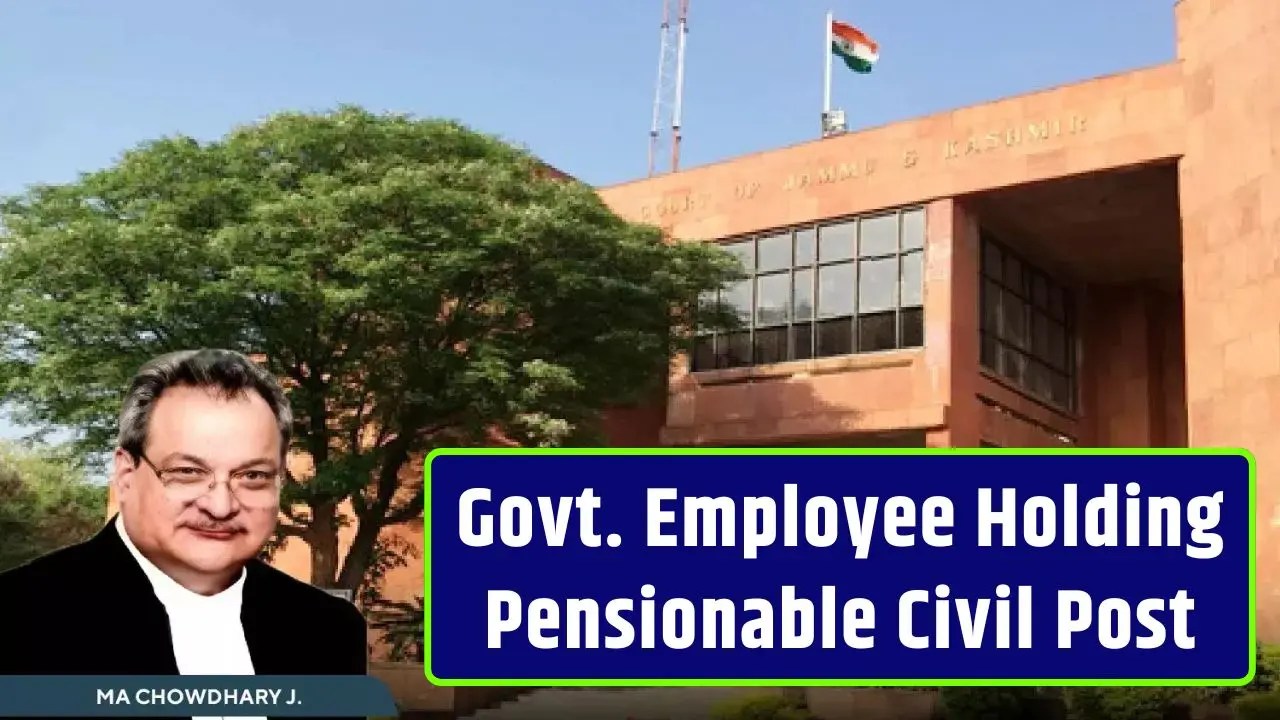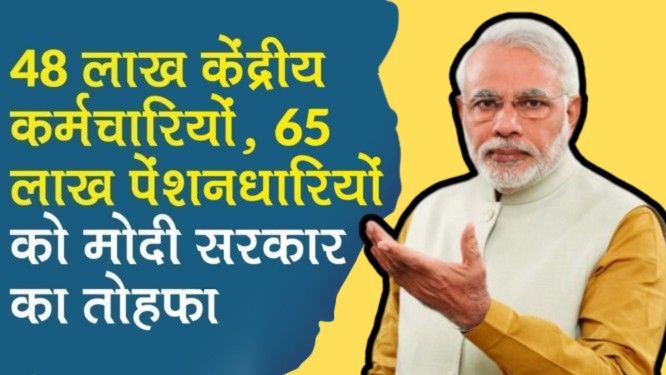Recently, a very earth-shaking decision was produced by the judiciary which declared the employees of governments holding pensionable civil posts deriving all the benefits from 5th, 6th, and 7th Pay Commissions. In the case of Suraj Parkash v. State of Jammu & Kashmir, the judiciary has been given such an earth-shaking decision.
Background of the Case
The petitioner, Suraj Parkash, was a government employee working in a pensionable civil post. He filed his petition for all the benefits that were available under the 5th and 6th Pay Commissions which he had not received, whereas the 7th Pay Commission had already been implemented. He submitted before the court that he was entitled to receive arrears and benefits from all three Pay Commissions.
Judgment by the Court
Upholding the claim of the petitioner, the High Court held that once a government employee is entitled to pension and other benefits, it cannot be selectively granted only under certain Pay Commissions.
The Court made clear that an employee’s entitlements such as pension and allowances must be governed by successive Pay Commissions in order to continue or maintain continuity and consistency in respect of their privileges.
Effect of the Judgment
This judgment has far-reaching implications for all government employees in this region who hold pensionable civil posts. The judgment grants such employees eligibility to derive every right under all relevant Pay Commissions thereby rids the differences that could otherwise arise upon giving a due consideration to only the new rights granted by the latest Commission’s benefits. It brings to fruition the very principles of equity and fairness to pensionable government staff.
Conclusion
A landmark judgment passed by the High Court, gelling that all Pay Commissions are payable to the government employees holding pensionable civil posts. The judgment would directly benefit thousands of employees working in Jammu & Kashmir and Ladakh, who were being disentitled against their rightful rights.




